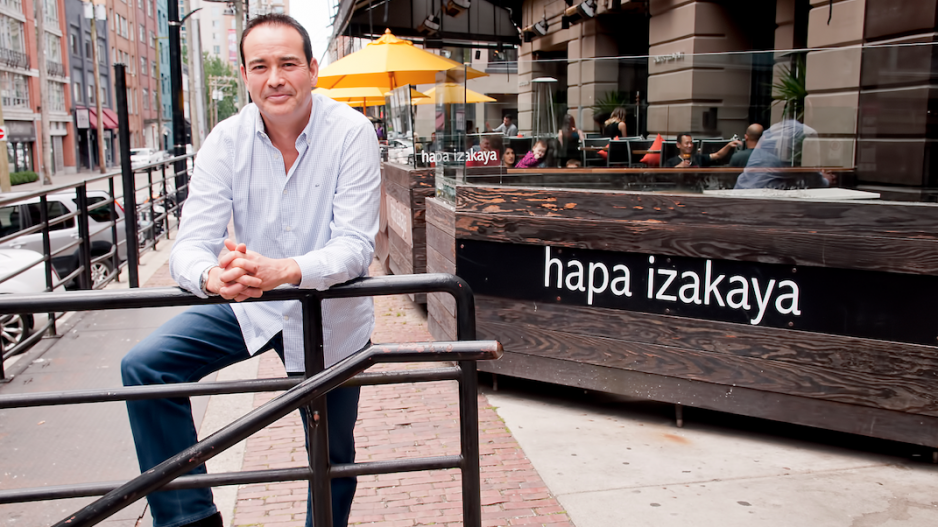Restaurant owners watching the strike at the Port of Vancouver are hoping for a quick resolution so product outages do not occur. There is also a fear that some suppliers could cite the strike as a rationale for hiking food prices.
About 7,400 International Longshore & Warehouse Union Canada workers on the weekend launched strike action against the BC Maritime Employers Association, disrupting Canada's largest port and terminals across the province.
This prompted Restaurants Canada to issue a statement this morning saying that it "is genuinely concerned about the lasting effects" of the job action.
"This strike will cause severe damage to Canada’s already struggling restaurant industry," Restaurants Canada said. "The cost of products used in our restaurants is already at historic highs. This strike will cause costs to rise even further. For the sake of our industry’s survival, Restaurants Canada is calling on both parties to settle this dispute immediately and for the federal government to do everything in its power to protect Canada’s economy."
Restaurant owners and industry insiders, however, told BIV that most of the food served in their restaurants is trucked in from other parts of Canada, or the U.S., and that they do not expect much disruption in those products' supply chain.
"If the strike ends tomorrow, I don't think it will affect anything," Hapa Izakaya owner Justin Ault told BIV. "If the strike lasts for a couple of weeks or a few weeks, we'll start seeing it when what stock is in Vancouver gets sold out."
Products that come in by container include things such as soy sauce, seaweed and rice vinegar, he said.
"Any of our fish that comes from Japan is generally getting flown in," he said.
Most products he uses are local, he said. Sapporo Breweries, for example, has a brewery in the Okanagan.
Joseph Richard Group principal Ryan Moreno is similarly unsure of exactly how much of an impact the strike will have on his approximately two dozen restaurants and liquor stores.
"We try to source, obviously, as local as possible," he said. "There is nothing detrimental yet that we've found."
Moreno said his company is building out some new restaurants and kitchens and that he might fear delays for appliances or ventilation-system parts were the strike to stretch into several weeks.
British Columbia Restaurant and Foodservices Association CEO Ian Tostenson told BIV that some alcohol might come in by container but that much of it is trucked in from parts of North America.




